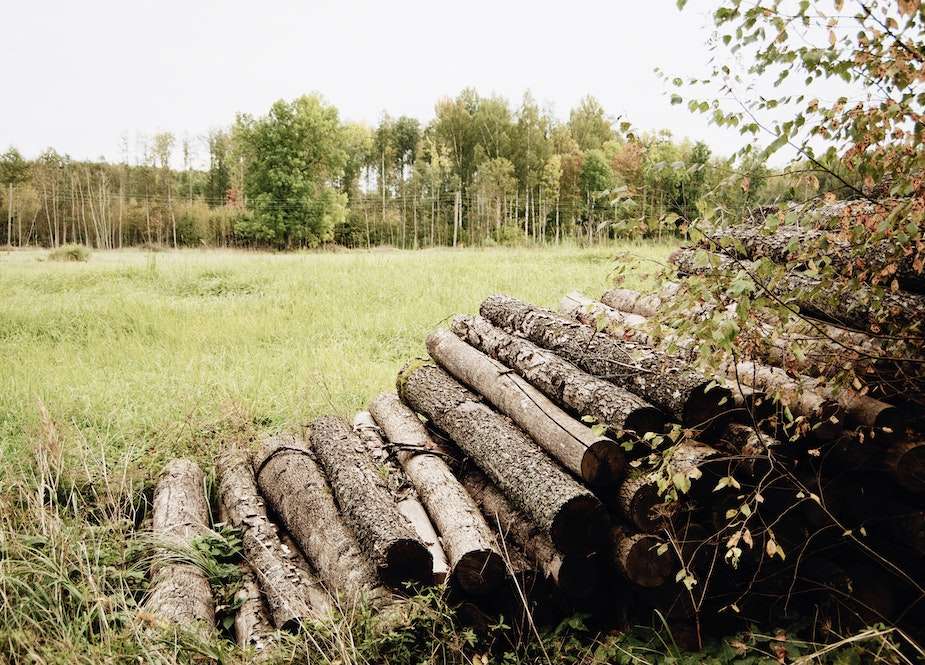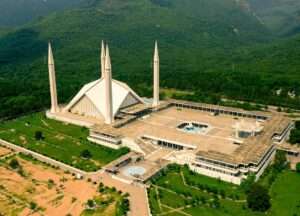
A Call to Action
Pakistan, a country known for its natural beauty and diverse landscapes, is facing a grave environmental crisis that demands urgent attention. With the second-highest deforestation rate in Asia, the nation is witnessing the rapid disappearance of its lush forests. The consequences of this ecological tragedy are far-reaching, impacting not only the environment but also the lives of its citizens, especially children.
One glaring example of this crisis can be seen in the capital city, Islamabad. Once known for its greenery and scenic beauty, Islamabad’s forested areas have dwindled from 19.3 percent to a mere 10.3 percent due to rampant deforestation. This loss of green belts has paved the way for urbanization and population growth, transforming the cityscape at an alarming rate. However, the cost of this transformation is steep.

The reduction in green spaces in Islamabad has contributed to a significant increase in temperature, which, in turn, has given rise to heat waves. These heat waves are not just uncomfortable; they pose a severe threat to the health and well-being of the city’s residents. Vulnerable populations, especially children, are the most susceptible to heat-related illnesses. As we witness the mercury soar to unprecedented heights, we must acknowledge that climate change knows no boundaries and spares no one.
The climate crisis is indiscriminate in its impact, affecting everyone. However, the burden falls disproportionately on the shoulders of the most vulnerable, including girls and boys in marginalized communities. Shockingly, nearly 1 billion children across the globe reside in countries at high risk of climate change and environmental hazards. These innocent young souls, who bear no responsibility for the environmental degradation we witness today, are suffering the most.
Every child deserves a healthy and safe environment now and in the future. It is our moral duty to ensure that they can enjoy these fundamental rights. The dire state of Pakistan’s forests, coupled with the broader global climate crisis, paints a bleak picture for the generations to come. We must take decisive action to reverse this alarming trend.
Beyond Pakistan’s borders, the consequences of climate change are evident. Sea levels are rising, glaciers are melting, and fertile agricultural land is degrading as deserts expand. These changes force people and nations into desperate choices, leading to displacement, conflicts, and immeasurable suffering. The interconnectedness of our world demands a united response.
To safeguard the future of our children and the planet, it is imperative that we prioritize reforestation efforts and implement sustainable land-use practices. Reforesting areas that have been lost to deforestation can help mitigate the effects of climate change, restore biodiversity, and provide a better future for all.
Pakistan’s battle against deforestation is a microcosm of the larger global struggle against climate change. We must recognize that this crisis affects us all, with the most vulnerable paying the highest price. It is a call to action not just for Pakistan but for the world to come together and protect our planet for the sake of our children and generations yet unborn. The time to act is now, for the future of our children depends on the choices we make today.